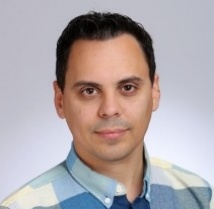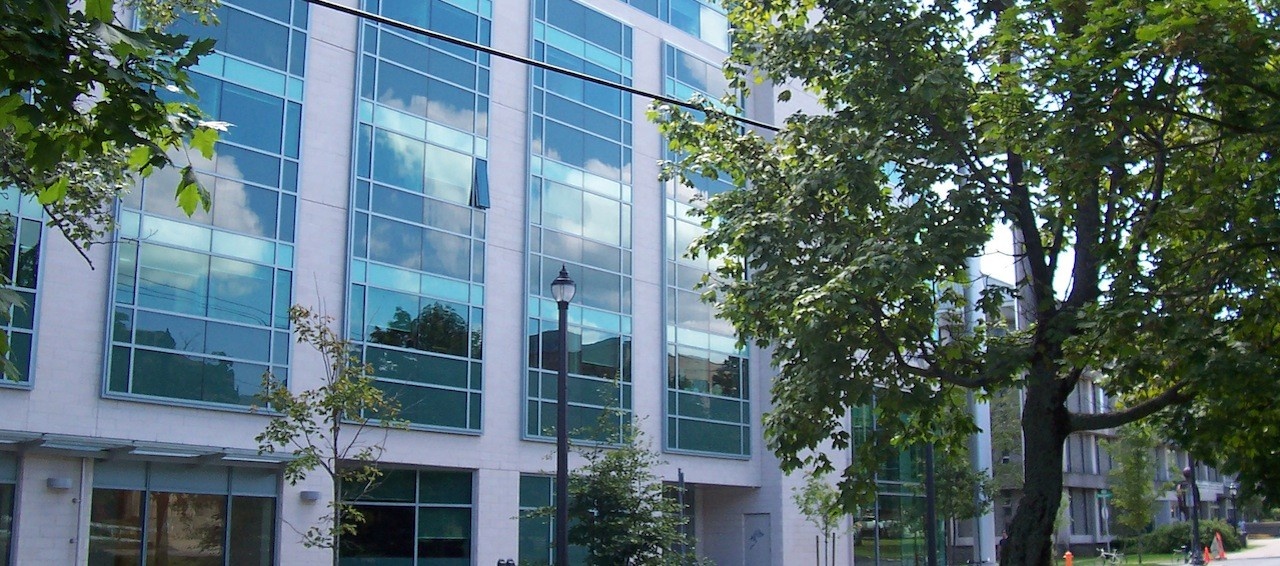Dr. Andrew Medeiros
Associate Professor

Related Information
Email: andrew.medeiros@dal.ca
Phone: 902-494-6355
Fax: 9024943728
Mailing Address:
AVľăŔÖ˛ż
6100 University Ave, Room 5030
PO Box 15000
Halifax, NS B3H 4R2
- Water Security
- Community-based research and engagement
- Freshwater sustainability
- Paleoecology
- Biogeography
- Conservation Science
- Arctic ecosystems
Education
- BSc Hon., Brock University
- MES, York University
- PhD, York University
- PDF, Wilfrid Laurier University
- PDF, University of Waterloo
Research interests
Dr. Medeiros (he/him) research interests focus on understanding the influence of environmental stress on freshwater systems, past, present, and future. He is particularly motivated in applying new methodologies to community-based research in the Arctic. His current research projects outline the influence of environmental change on aquatic trophic systems. This includes investigation of water security through the lens of sustainability and conservation, municipal planning, and engineering for freshwater supply services.
Selected publications
- Medeiros AS, Wood P, Wesche SD, Bakaic M, & Peters JF (2017). Water Security for Northern Peoples: review of threats to Arctic freshwater systems in Nunavut, Canada. Regional Environmental Change, 17(3):635-647.
- Bakaic M,ĚýMedeiros AS, Peters JF, & Wolfe BB (2017). Hydrologic monitoring tools for freshwater municipal planning in the Arctic: The case of Iqaluit, Nunavut, Canada. Environmental Science and Pollution Research – ARTEK Special issue. doi:10.1007/s11356-017-9343-4
- Bakaic M &ĚýMedeiros ASĚý(2017). Vulnerability of northern water supply lakes to changing climate and demand. Arctic Science, 3(1):1-16.Ěý
- Balasubramaniam A,ĚýMedeiros AS, Turner KW, Hall RI, & Wolfe BB (2017). Biological responses to hydroecological change in the Old Crow Flats, Yukon, Canada. Arctic Science – Special Issue: Arctic Permafrost systems, 3(2):277-300.
- Beck K,ĚýMedeiros ASĚý& Finkelstein S (2016). Drivers of change in a 7300-year Holocene diatom record from the Hemiboreal region of Ontario, Canada. PLOS-1, 11(8): e0159937.
- Taylor DJ, Ballinger MJ,ĚýMedeiros AS,Ěý& Kotov AA (2016). Climate-associated tundra thaw pond formation and range expansion of boreal zooplankton predators. Ecography, 39(1):43-53.
- Medeiros AS, Gajewski K, Vermaire JC, Porinchu D, & Wolfe BB (2015). Detecting the influence of secondary gradients on paleo-temperature reconstructions. Quaternary Science Reviews, 124(1):265-274.
- Fortin M-C,ĚýMedeiros AS, Gajewski K, Porinchu DF, Barley EM, Larocque-Tobler I, & Wilson SE (2015). Chironomid-environment relations in northern North America. Journal of Paleolimnology, 54(2):223-237
- Vinke K,ĚýMedeiros AS, & Giberson DJ (2015). Diversity patterns of benthic invertebrates in subarctic streams, Sahtu Settlement Area, NWT. Arctic Science, 1(1):9-25.Ěý
- Medeiros AS, Taylor DJ, Couse M, Quinlan R, Hall RI, & Wolfe BB (2014). Biologic and nutrient responses to catchment disturbance and warming in small lakes near the Alaskan tundra-taiga boundary. The Holocene, 24(10):1308-1319..
Selected awards and honours
- W. Garfield Weston Postdoctoral Fellow, 2012-2014
Service & Activity
- Expert Panel: The Economics of Ecosystems and Biodiversity
- Reviewer for Oxford University Press (2011-present)
Teaching Responsibilities
- SUST 3956 Topics in ESS: The Canadian North Climate Change and Challenges
- SUST 3953 Topics in ESS: The Situation Room
- ENVI 5504 Mgmt. of Resources & the Environment
Ěý
